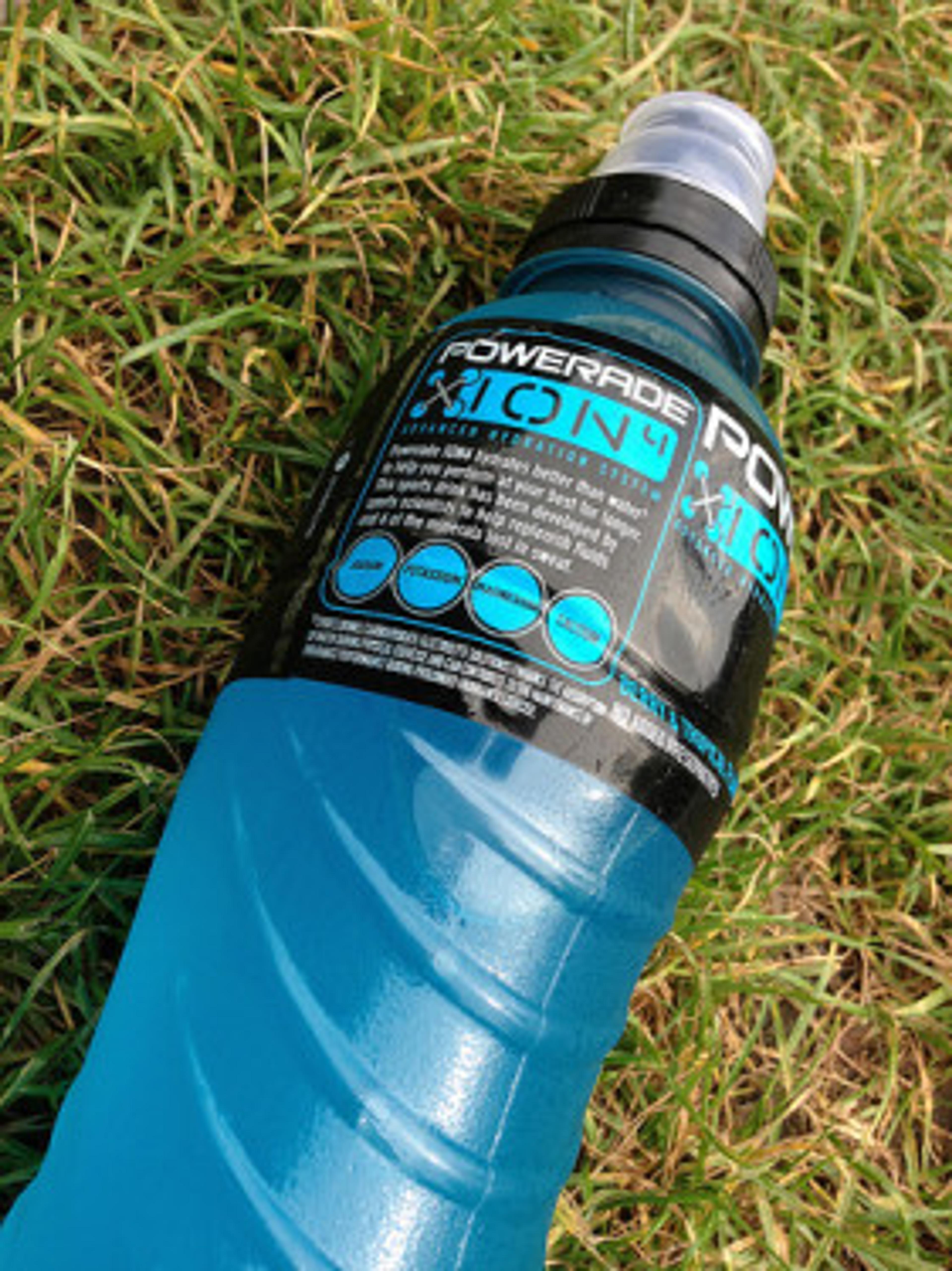Ask the Dentist: Are sports drinks bad for your teeth?

Dr. Gary Vance
| 2 min read

Sports drinks may seem like a healthy choice, but they can also cause serious damage to your teeth – putting you at a much higher risk for cavities and tooth decay. In fact, a recent study from the Academy of General Dentistry found sports drinks contain so much acid that they start destroying teeth after only five days of consistent use.
What kind of damage do sports drinks cause?
What makes sports drinks a culprit to your oral health isn’t necessarily the high amounts of sugar, but rather the high levels of acidity which can cause irreversible damage to your teeth. The acid in these drinks breaks down the tooth’s enamel, the shiny outer layer of your teeth, causing them to become overly sensitive to temperature changes and touch.
What can you do?
While water is the best way to quench thirst and keep your teeth strong, it may not be possible to stop drinking sports drinks completely. If you do reach for one, here are some tips that can help reduce the damage, keeping your pearly whites just that: pearly, white and healthy.
- Wait at least 30 minutes before brushing your teeth. Brushing immediately after drinking acidic drinks such as sports drinks can cause serious corrosion of dentin, the layer below a tooth’s enamel.
- If possible, drink with a straw or in one sitting. It’s true what dentists say: “Sip all day, get decay.”
- Neutralize the effect of sports drinks by alternating sips of water with the drink.
- Chew sugar-free gum or rinse the mouth with water following consumption of sports drinks.





